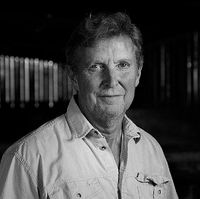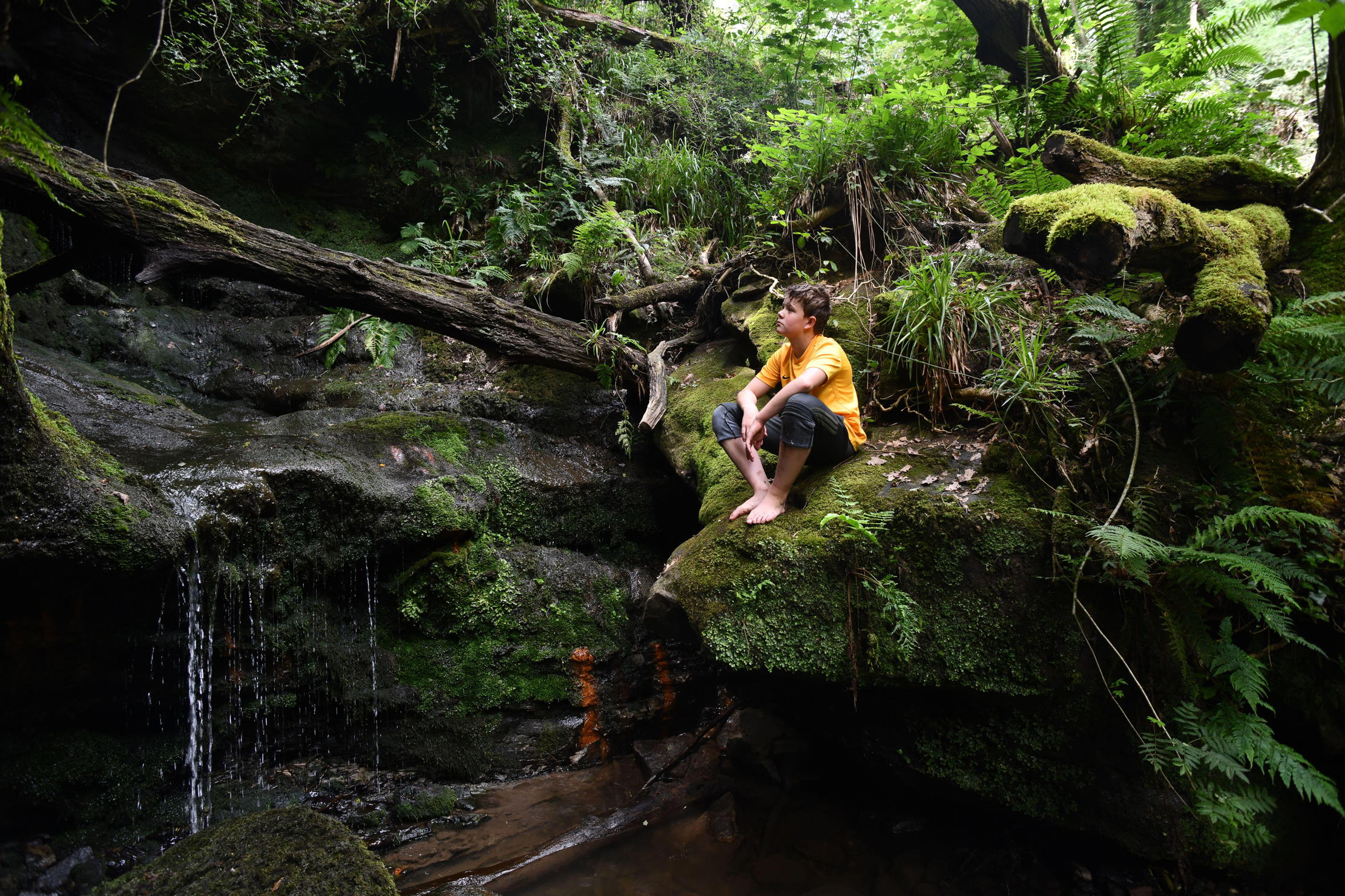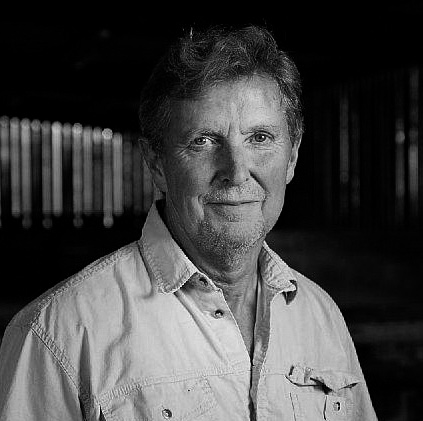Roger Morgan-Grenville: We need to reset our children's connection to nature — and it starts at school
Our schools can — and must — lead the way in teaching the next generation the incalculable value of the natural world.


Exquisite houses, the beauty of Nature, and how to get the most from your life, straight to your inbox.
You are now subscribed
Your newsletter sign-up was successful
Chairman Mao found out the hard way that Nature is not merely a ‘nice to have’, but the very life force on which our species depends for its survival. Having ordered the extermination of half a billion tree sparrows, on the basis that they ate the grain destined for humans, it turned out that they actually ate the locust nymphs and aphids that ate the grain and 40 million people died in the resulting famine. We cannot even begin to imagine what happens when ecosystems start to crumble and we need our children to understand this, even if we don’t.
Here in Britain, it is increasingly hard to enable children to fulfil their natural fascination with Nature; parents see themselves as too ‘time poor’ to show them the wonders of the natural world, schools are too bound up by curricula and children too protected to ascend the trees, real and metaphorical, as they once did. A recent survey in the New Forest reported that less than 10% of local children played in wild places any more and that their roaming radius had dropped by 90% in a generation. It is as if the unstoppable rise of the smartphone (more than half of 10 year olds now own one) has mirrored an equally unstoppable decline in natural curiosity and wonder.
Finally, society has made it uncool. Young London naturalist Kabir Kaul says of his schooling: ‘Embracing my passion for Nature was initially a lonely experience. Most school peers preferred video games such as Fortnite, viewing my interest as strange, unfashionable and irrelevant.’
'The Natural History GCSE runs the constant risk of being watered down, of getting lost somewhere between geography and biology, of being based on words and not observation'
This matters — who will mourn the not-so-gradual disappearance of the curlew if no one has seen one? Who will care enough to fight for the remaining natterjack toads if nobody has ever heard of them? Who will form tomorrow’s army of wildlife volunteers? It needn’t be this way and we have a duty not to let it.
We need a reset, which begins by formally acknowledging the central right of exposure to the natural world in a child’s life and of the attendant skills of curiosity, observation, learning and wonder. Publicly, this should start at Key Stage 1 and 2 with the extension of the excellent Forest School scheme, which sees children learning outdoors (there are currently just over 200 around the country) and the reinstatement, where possible, of plant-growing areas in primary schools.
Andrew Millham, writer and Forest School teacher, is adamant that the experience also creates an appreciation of managed risk and mindfulness, counteracting the ways in which over-exposure to addictive social media formats, such as TikTok and Instagram reels, can shorten attention span and kill the ability to be happily bored. School farm trips (which need funding) are another efficient way to spark a lifetime’s inspiration.
At secondary level, this must include the undiluted Natural History GCSE that Mary Colwell and others fought for for more than a decade and which the Labour Government has now approved. Approving it is one thing, however — having worked alongside Mary for many years, I know that it runs the constant risk of being watered down, of getting lost somewhere between geography and biology, of being based on words and not observation and of being starved of the money needed to get students, particularly urban students, out into the natural world on a regular basis.
Exquisite houses, the beauty of Nature, and how to get the most from your life, straight to your inbox.
'The greatest gift we can give to the Earth is a new generation of Nature-literate young people who know, understand and care for this incredible planet'
We all know that public money is in short supply, but, in local wildlife trusts and educational grant-giving bodies, we have a resource that can teach the teachers and help fund the student field trips. Above all, we know that there is a thirst for this course from both teachers and students, a thirst that has to be matched with money and support by the Department for Education. The politicians want it, but we will wait to be convinced that their senior civil servants do.
At university level, this means a powerful restoration effort in the declining specialist courses, such as botany, ornithology and entomology, that will provide the practitioners of tomorrow on the ground who, in turn, will help find solutions to enrich our natural heritage. In the workplace, it means working with employers to ensure that Nature has a metaphorical seat on the board, as climate change does. Ironically, this is probably the easiest aim to achieve, as many companies are probably up for it.
Back to Mary, who has earned the right to conclude this piece: ‘The greatest gift we can give to the Earth is a new generation of Nature-literate young people who know, understand and care for this incredible planet. We are not a collection of objects, but a communion of subjects, interdependent and co-creators living together. Nature education is not optional; it is vital to the future of life on Earth.’
This article originally appeared in the July 23 issue of Country Life
Roger Morgan-Grenville is a former solder, writer and wildlife guide. He led the first expedition to retrace Shackleton’s escape across South Georgia and is a founder member of Curlew Action. His book The Restless Coast (Icon Books, £22.99) is out now
